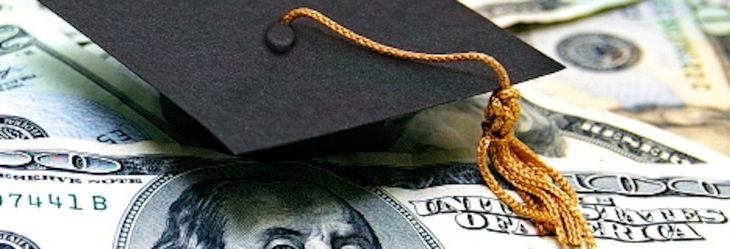Tax credits for Arkansas education accounts bill passes committee
by March 14, 2017 3:11 pm 567 views

The House Education Committee Tuesday advanced a heavily amended bill that would create education savings accounts for school-age students funded by tax-credited donations.
House Bill 1222, the Arkansas Parental Empowerment for Education Choice Act of 2017, by Rep. Jim Dotson, R-Bentonville, would provide a 65% tax credit for individuals and corporations that donate to nonprofit organizations. The donations would fund education savings accounts in amounts equal to public school foundation funding (which was $6,646 in 2016-17) for students to attend public, charter, private or home schools.
The bill had already passed the committee March 9, but Dotson amended the bill to make it a four-year pilot program after speaking to Gov. Asa Hutchinson Monday about concerns about the bill’s effect on the state budget. The bill now sunsets after four years and is limited to $3 million in tax credits in each of its second, third and fourth years, meaning about $4.6 million could be donated with the 65% credit, and those are the only years when the money would be available for the accounts.
Originally, the bill had no sunset provision, could offer up to $6.5 million in tax credits off of $10 million in donations its first year, and could grow 10% a year.
“This gives an opportunity to actually look at the program to study it. I think it was a good compromise to have something to actually study that’s not just theory but will actually have some hard data,” Dotson said afterwards.
No tax credits or education savings accounts will be awarded the first year. After that, the donations would potentially fund almost 700 accounts, though more accounts could be funded if donations are provided without qualifying for a tax credit.
The donations would go first to students whose family incomes qualify them for free and reduced price lunches, followed by military dependents and then other students. Nonprofits could use tax-credited donations only for educational expenses and would have to raise money for administrative expenses elsewhere. A minimum of two public school students must be approved for every one nonpublic school student.
Each public school district’s student losses would be capped at 1% a year per nonprofit, meaning a district could lose 5% of its students each year.
On March 9, Joel DiPippa with the Department of Finance and Administration testified that the bill as originally written would have a $6.5 million impact on state revenues, even though the state also would not be paying for students using the accounts. Dotson cited a University of Arkansas study showing the state would actually see a net surplus over time.
The bill as amended passed 11-5 after first passing on a voice vote.
Rep. James Sturch, R-Batesville, voted yes but expressed concerns that at one of his school districts, the loss of four free and reduced price lunch students would put it below the 70% required for additional state funding.
In other business, the committee advanced House Bill 1710 by Rep. Stephen Meeks, R-Greenbrier, which would revise state requirements so that, beginning in the 2018-19 school year, one year of civics and a half year of world history would be required during the 11th and 12th grade years. Students are now required to study a year’s worth of world history and half a year of civics. The Department of Education would develop standards, providing that one-fourth of the course would be devoted to studying the Constitution, the Declaration of Independence, and the Northwest Ordinance. One fourth would be devoted to the Federalist Papers.
The committee also passed House Bill 1917 by Rep. John Walker, D-Little Rock, which would limit school administrators’ salaries to 250% above the salaries of the school district’s lowest paid teacher.
